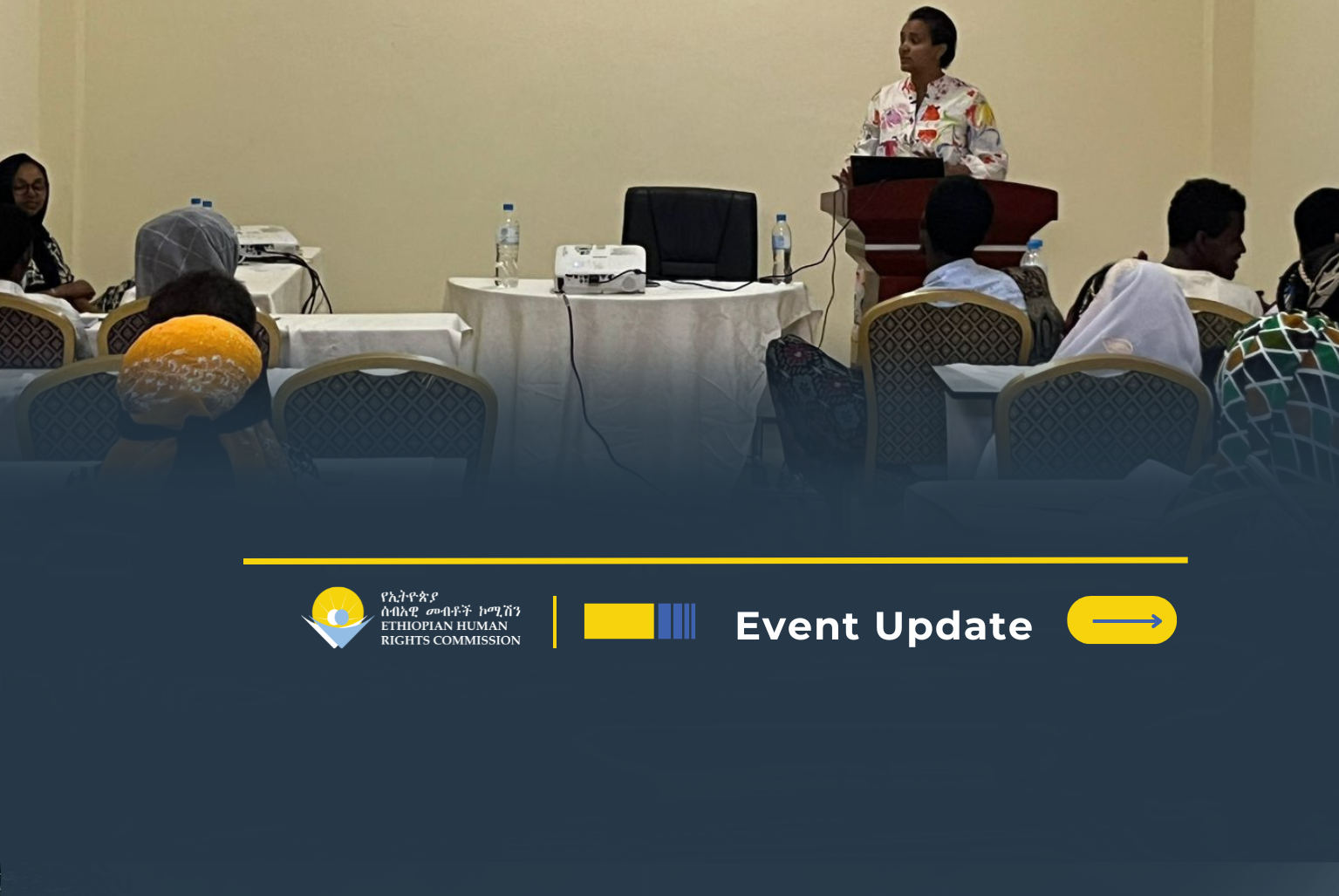The Ethiopian Human Rights Commission (EHRC) held a consultation focused on Transitional Justice (TJ) on June 5, 2024, in Samara city, Afar region. This targeted engagement with victims of human rights violations, including those affected by conflict, aimed to gather insight into their perspective on Ethiopia’s ongoing TJ process and engagement. The consultation further sought to identify possible areas of support to ensure victims’ meaningful engagement and participation in TJ efforts.
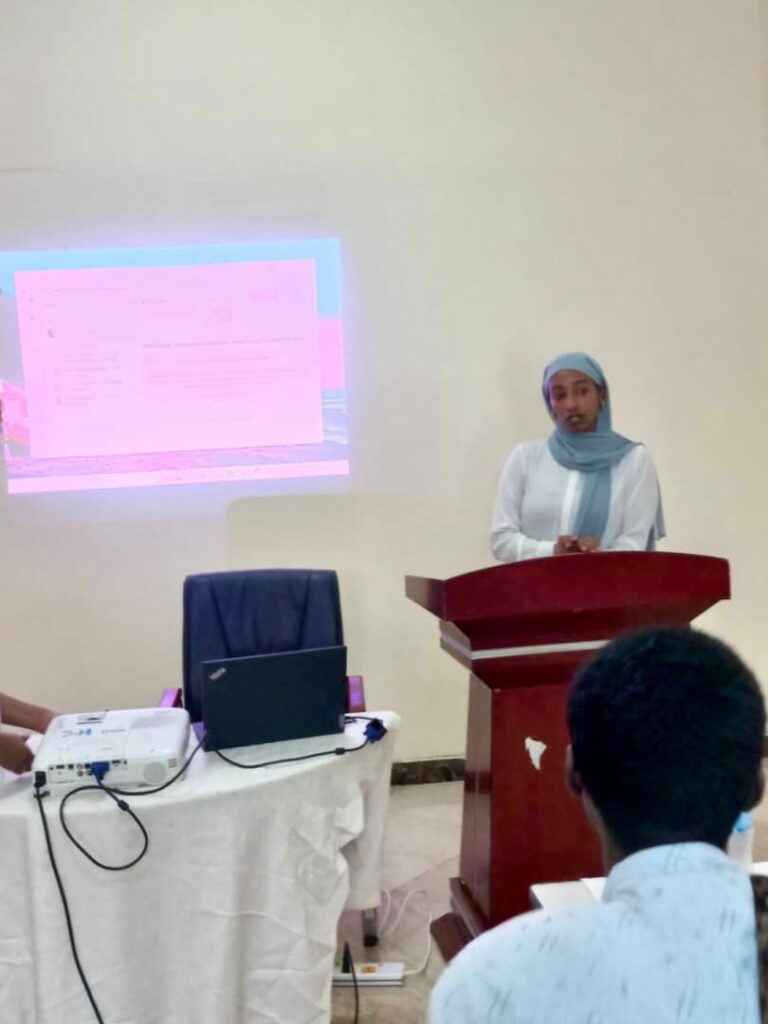
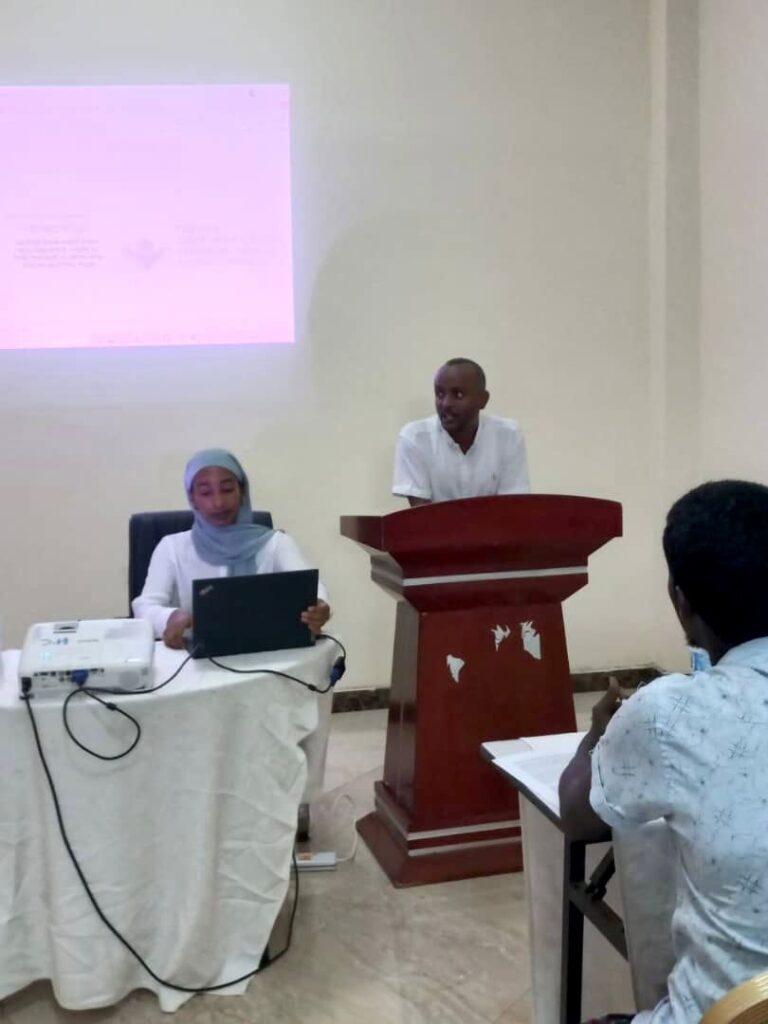
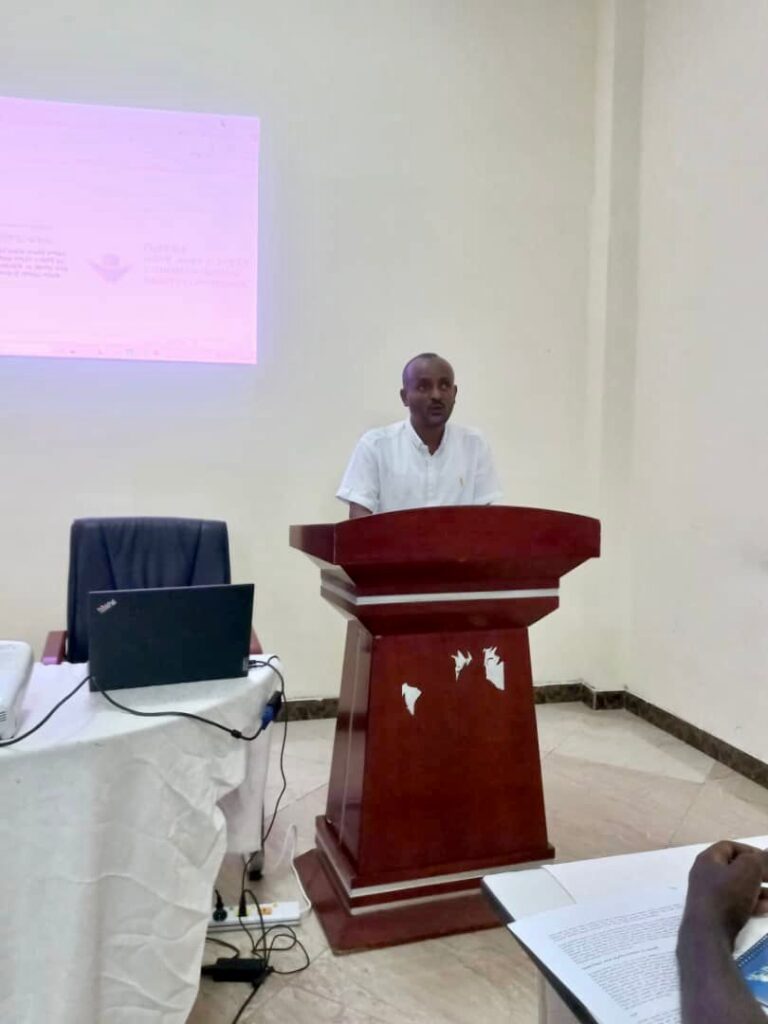
The consultation included sensitisation sessions in which facilitators provided an overview of TJ concepts and mechanisms as well as an update on TJ initiatives in Ethiopia, highlighting key milestones such as the adoption of the TJ Policy in April 2024. EHRC briefed participants on its role in the TJ process, including the joint community consultations it carried out with the United Nations Office of the High Commissioner for Human Rights to gather the views and aspirations of victims and affected populations, including in the Afar region.
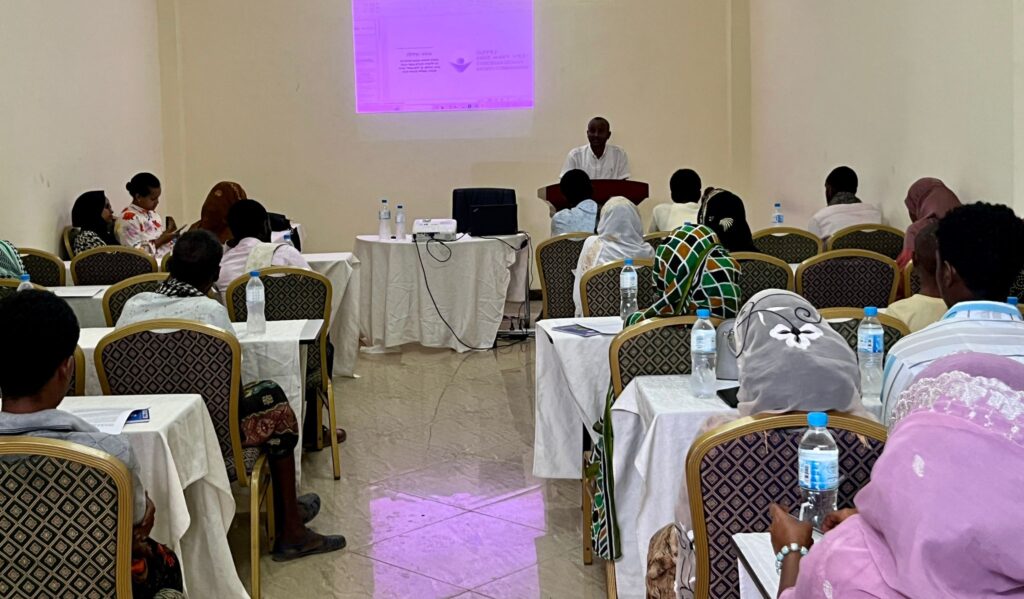
Participants indicated that one of their primary needs is to receive technical support from EHRC to facilitate common platforms such as the consultation, which serves as an opportunity to collectively voice their needs and views. They highlighted the importance of joining efforts amongst themselves to better amplify their messages and influence decision-making at the national level.
The consultation served as a platform to directly engage with victims of human rights violations and affected communities in the Afar region. The input and feedback gathered during the event will inform EHRC’s efforts to support victims in their engagement in Ethiopia’s broader TJ process.
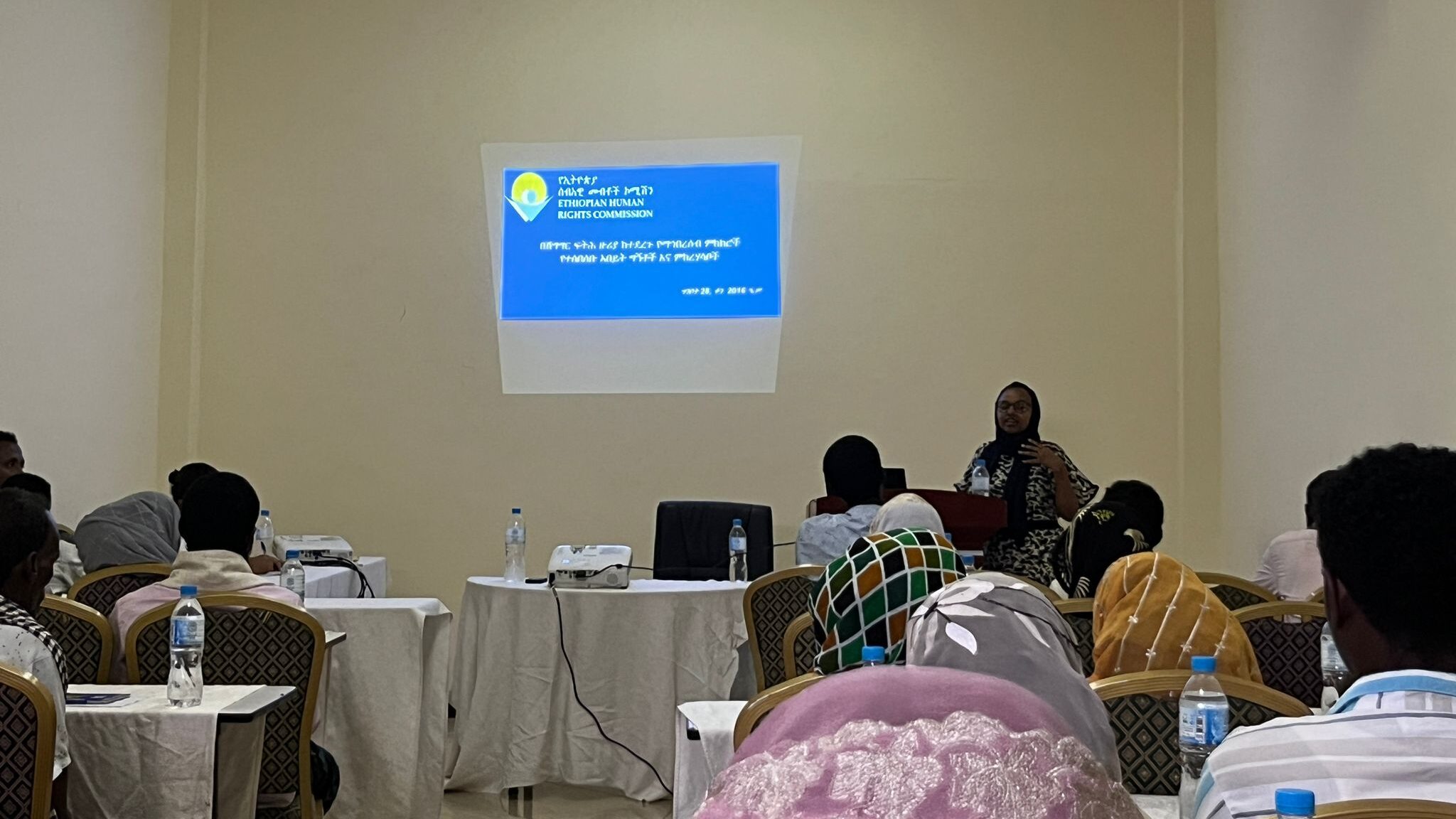
Mohammed Ahmed, Head of EHRC’s Samara Office, underscored the critical importance of integrating the views and needs of victims into transitional justice initiatives, highlighting that their perspectives are essential for ensuring that these processes are inclusive, responsive and effective. He reiterated EHRC’s commitment to actively listening to and addressing the concerns of those affected by human rights violations.
